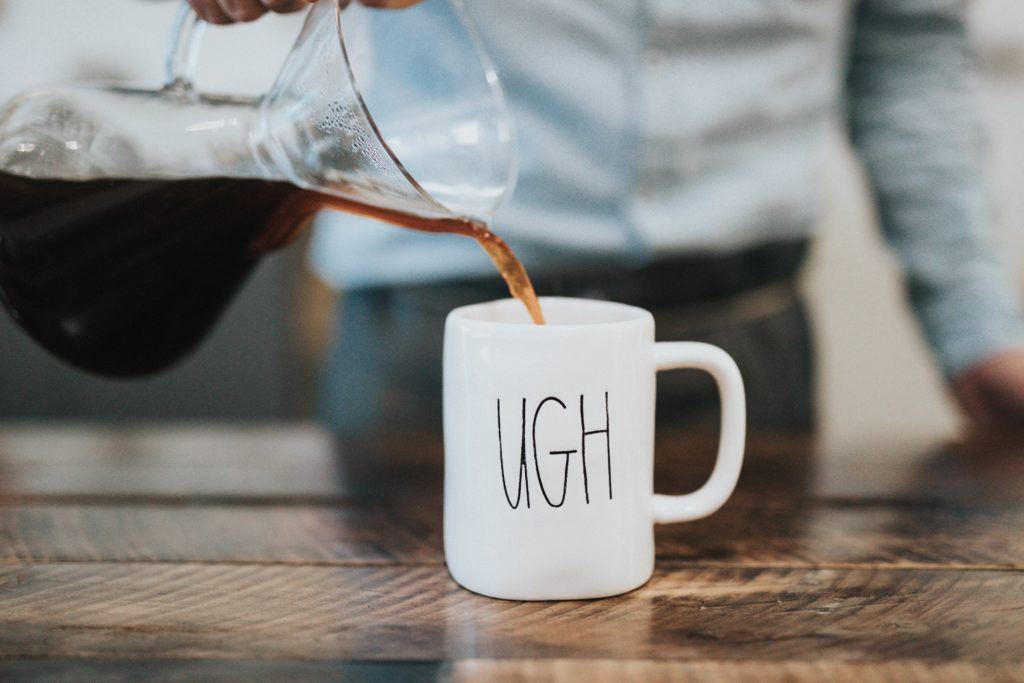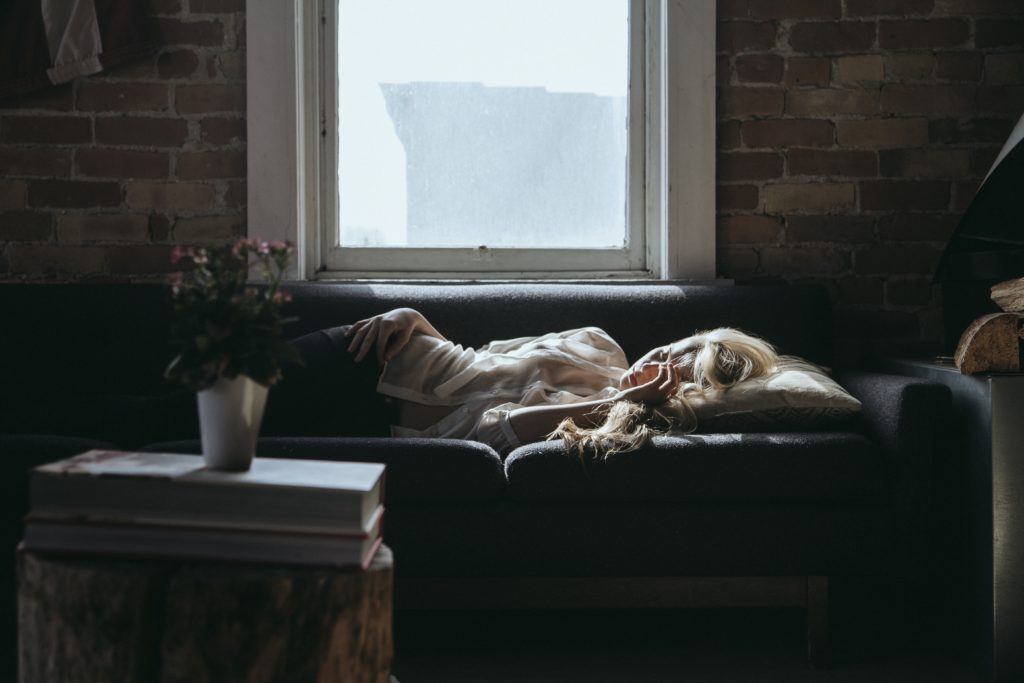Your body needs sleep just as much as it needs air, food, and water. Sleep is essential to the general restoration of your health, as well as for retaining information learned throughout the day.
Nonetheless, as that assignment due date grows closer, or your baby wakes you up in the middle of the night crying for the hundredth time, or even if you simply cannot sleep, it is inevitable that a few restless nights will await you in life.
Of course, you brush it off as something of little consequence. After all, why spend your time sleeping when you could be doing other, more important activities? You can remain productive and active for just a little while longer, right?
Unfortunately, no. Sleep deprivation can cause serious issues, including impairing your judgement, coordination, or memory.
Lack of sleep can also result in weakening your immune system, which can leave you susceptible to illness; an increase in body weight, which in turn may lead to developing diabetes; any number of sleep disorders and an increased risk of cardiovascular diseases.
Not getting enough sleep can further mean an increased risk for mental illness, including any type of anxiety and depression; and many, many other serious issues.
Is It Bad to Skip a Night of Sleep?
Not necessarily, but it is still not recommended to pull all-nighters if you can help it.
Of course, even if you normally bounce back, there are still consequences for staying up a whole 24 hours or more.
Your cognitive functions may be comparable to someone who has a blood alcohol content of 0.10 percent, which is higher than the legal level one can drink when driving.
As such, your decision-making skills will be deteriorated, your memory will be impaired, your hand-eye coordination will decline, you become more emotional, your attention span decreases (as does your hearing), and you are more likely to get into some sort of accident.
In other words, lack of sleep and being drunk have practically the same side effects.
While a 24-hour period of sleep deprivation will affect you mentally or emotionally, missing 36 hours or more will begin to affect you physically as well. As you will see in our sleep deprivation timeline, the effects stack up rapidly.
High levels of inflammatory markers will begin to enter the bloodstream, which leaves you at risk for cardiovascular diseases and high blood pressure. Your hormones may become imbalanced as well, making you even more emotional than before. Growth hormones and testosterone production may also be affected.
Additionally, memory loss may be accompanied by this lack of sleep. You may perform activities and then not remember you did them, which can be quite frightening and lead to worsened mental illness or other issues.
What to Do if You Miss a Night of Sleep
It happens to the best of us. Sometimes that project deadline is just a little too close for comfort, or your child will not calm down no matter what you do, or you are anxious about what tomorrow may bring.
Skipping one night of sleep is not the end of the world. While it is not recommended to do so, you may not have a choice in the matter.
If you must skip a night of sleep to complete tasks that absolutely cannot wait, then here a few tips to help you recover from a lack of sleep:
- Eat well and stay hydrated. Sleep deprivation causes your body to conserve as much energy as it can, so you may not feel as hungry or thirsty as you normally do. This does not mean that you should eat less and push on. Instead, eat simple, healthy foods to give yourself at least a small boost. Avoid fast foods or empty-calorie snacks that will make you feel even more lethargic.
- Even some moderate aerobic exercise will give you a small boost to help get through the day. Do not overdo it, however, as this will make you even more fatigued.
- Get some fresh air and sunshine. This will help reset your biological clock and help regulate your circadian rhythm again. Exposure to sunlight will also signal your body to stop producing melatonin, which is a hormone that makes you feel tired.
- Drink coffee. While caffeine is not an appropriate substitute for a good night’s sleep, it does provide enough stimulation to get you through the rest of your day. Drink more than one cup if that helps, but try to avoid energy drinks. The high-caffeine content will give you a sharp energy jolt, yes, but the rebound after the effects wear off can feel absolutely awful if you are sleep-deprived.
- If possible, take a quick nap before getting back to work. Even a 15- to 20-minute nap will restore some energy and alertness back to you.
Keep in mind that these tips are not to be used as substitutions for actual sleep. The only surefire cure to sleep deprivation is to get some rest!
Here’s a video showing more details on the side effects of not sleeping.
What side effects of not sleeping have you experienced?







